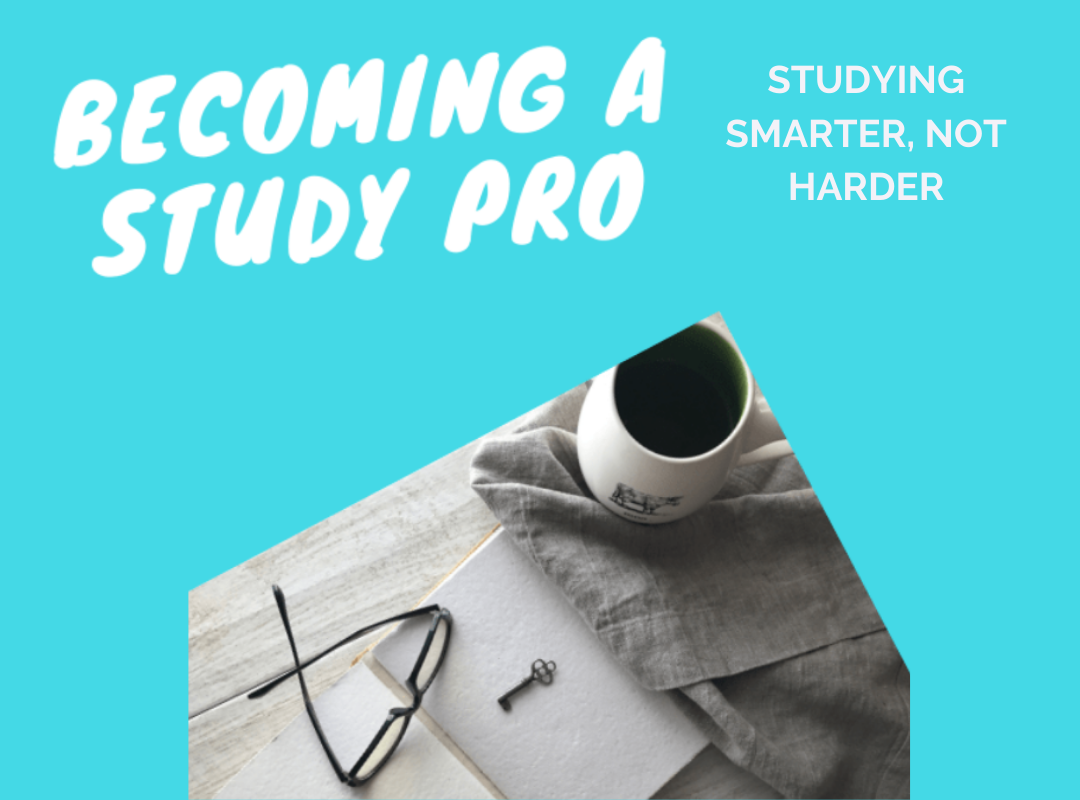
In my years at university, I found navigating my way through readings as one of my biggest challenges and I know this is the case for many students. Everyone has their own way of working but I have collated a few tips I have learnt along the way that will hopefully be helpful for any student still figuring out this part of university.
Organisation 📁
1.Folders
If you are planning to keep your work online:
- Create a main folder labelled ‘university’. Then sub-folders for each year and module. You can then create separate folders for ‘readings’ (that are under ‘week1, week2’ etc) and ‘assignments’. It will allow you to access files within no time!
If you are planning to keep your work on paper:
- Buy folders for however many modules you have (preferably different colours) and then use dividers to separate the readings for each week, marking the divider tabs with the topic for that week to access it quicker.
2.Timeline and timetable
- Create a timeline (recommend Excel) so that you can note down the tasks you have for each week along with the deadline for assignments and course info (such as the exam and assignment percentages) in general.
- Create a timetable so that you can allocate days and times for the readings of each module.
Readings 📚
1.Selective Reading
- Do your readings in the order they are uploaded because normally this is the order your lecturer believes best to read them.
- Many students struggle to tackle a 20-30-page reading and read word-for-word. My advice would be for those readings you are engaged with, then read as much as you want. But for those readings you are struggling with, then do not force yourself to read as it is a waste of time and you will most likely go over them during your seminar.
- Find the thesis and simplify it (if needed) so you can return to it if you begin to lose their argument.
- Read the outline paragraph/ abstract to find out which section is most relevant.
- Some lecturers may post discussion questions for each topic so you can use these questions to extract relevant information. Try to read the introduction and conclusion because they will always give you an overview of the reading. Also, read the first and last sentence of the inner paragraphs and determine whether those paragraphs are relevant to the questions.
- If you are reading online, search for the words that will lead you to direct answers e.g the word ‘significance’ may lead you to that which the author finds important.
2.Prioritise Readings
- Sometimes students are given assignment questions before they have covered the topics. If this happens then prioritise the readings for the question you have chosen rather than doing the readings for the following week.
- However, it would be helpful to briefly go over the readings for that week (read it comprehensively if you can) as you will need it to discuss in seminars.
- For the readings you have already missed so far that do not seem as relevant to any assignments or will not give you a basis to the topic, you can come back to them at the end of the year.
3.Making notes
- In the first two years of my time at university, I used to print my readings and make notes on them which may actually work for some people but for me personally I found it a really long process. I now do my readings on a PDF document (or skim it if I cannot seem to engage) and highlight the relevant information. I then write (or copy and paste where possible) the overall message of the text, relevant points, words/phrases that stuck out and comments i.e what the author did well/might have missed (this is important as it shows ‘critical reading’) onto a separate word document.
- Write a short summary next to paragraphs with relevant information so when you return to the reading you can re-collect that information easily without having to read the paragraph again.
- If you read something in an article that has a reference to another author’s work, then check the bibliography and search the author’s work to learn more about what they speak about.
- Finally, first year (and even second in my case) is a journey finding out what works for you. Your lecturers and tutors will completely understand if you are finding readings and note-taking difficult, especially in the current situation where everything is online. They are most definitely there to help you, so please do reach out to them. I regret not doing so enough in first year but the earlier you do so the better prepared you are for the following years!
Will you be trying any of Adela’s tips? Let us know in the comment section below! And be sure to rate this article too ⭐
Click here if you’d like to know more about sending your article through to us to be published. Remember, if your article is the most popular of the month, you’ll win £50! 🤑









Be the first to respond